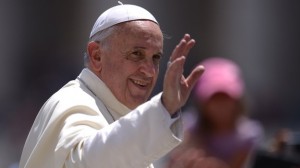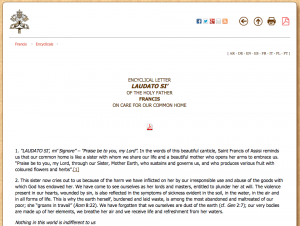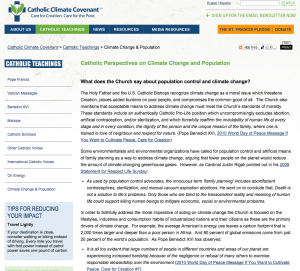When he withdrew from the Paris Agreement on June 1, President Donald Trump managed to alienate a number of America’s closest allies. While the recent G-7 summit yielded mixed reactions among European leaders, this withdrawal resulted in leaders of Europe and the rest of the world choosing to bypass the U.S. government on climate change in the future. German Chancellor Angela Merkel, backed by most of the European Union, flatly refused to renegotiate the Paris Agreement to better fit American interests, and proclaimed that the Agreement would be led in the future by the combined power of Europe and China without the United States.
The immediate implications of the last few days initially appear to favor President Trump. During his campaign, he repeatedly asserted that, if elected, he would withdraw the United States from the Agreement. He has certainly delivered on that promise. However, while he has demonstrated his willingness to actually deliver on some of his promises, his objectives could have disastrous long-term consequences.
Climate change is, by definition, a very long-term issue. One of the most convincing arguments in favor of the Paris Agreement and of climate protection is general has been that on Christian environmental stewardship, the argument advanced by Pope Francis among others. This argument states that we have a Christian responsibility to protect the environment for future generations, and subsequently calls us to acknowledge our own responsibility for its current degradation. When Trump visited the Vatican in May, before the G-7 summit, Pope Francis presented him with a copy of the Papal Encyclical making this argument, Laudato Si. During the meeting, Pope Francis also urged the President to avoid withdrawing from the Paris Agreement in order to ensure the future of the world. Following U.S. withdrawal, the Vatican appears to have sided with the rest of Europe, as Pope Francis met with Chancellor Merkel in June to discuss multilateral approaches to a number of issues.
Regardless of politics, the fact is that the world must inevitably deal with climate change. Thus far, the Paris Agreement has been the best opportunity to do so on a global level. Even without the U.S., it is still the established channel for communications on how best to combat these threats, and future resolutions may subsequently be made through it. By withdrawing from the Agreement, the U.S. has set a precedent in which its opinion may be ignored during those future conversations. Through this decision, Trump has risked forfeiting his seat at that future table. Representation in government is one of the most fundamental American ideals, and a loss of representation could be detrimental for future American generations finding their country’s place in global politics.
There are also many potential economic implications. American withdrawal from the Paris Agreement can easily backfire in the long term. The biggest issue here lies with the economies of the three largest players in the original Agreement: the United States, the European Union, and China. Right now, China is a massive net exporter, and has been accused of manipulating their currency and economic standards to maintain that advantage. However, China has in recent years voiced plans to adjust this dynamic, significantly increasing imports. As the most populous country in the world, China will likely become a massive developing market in the near future.
The development of a massive consumer market will provide an opportunity for both Europe and the United States, as powerful producers, to begin mass exporting to China. The Chinese market, however, could become locked behind the Paris Agreement. As China’s market develops, European countries could appeal to the Chinese government to incentivize importers to follow the Agreement. Such a trade deal would make European exporters far more powerful in China than American exporters, stunting American access to China. As cooperation between Europe and China grows, such an outcome becomes more and more likely in my mind.
Long-term problems have the unfortunate distinction of being the easiest to ignore in American politics because they are often not felt by the current administration. Such a trade deal, while certainly not imminent, could be implemented in the next five or ten years, well after President Trump leaves office. Whoever succeeds Trump will consequently have the difficult job of mending all of the relations the current administration has damaged. Of course, there is a good chance that none of this will actually occur, but it is also only one of the many possible repercussions withdrawal from the Paris Agreement has exposed us to.
 William Fletcher-Hill is a Political Science major at Davidson College, focusing in international relations, especially diplomatic and economic security, and serves as a summer intern with the Eleison Group, LLC.
William Fletcher-Hill is a Political Science major at Davidson College, focusing in international relations, especially diplomatic and economic security, and serves as a summer intern with the Eleison Group, LLC.












